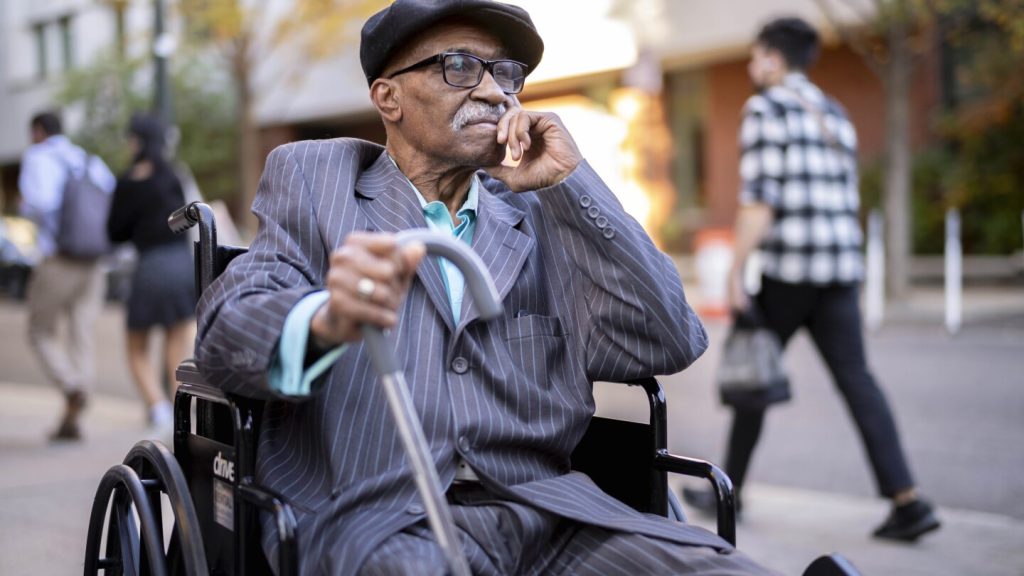After 50 years, survivors and descendants of individuals who were part of a medical testing program at Holmesburg Prison in Philadelphia are demanding reparations for the harm caused to them. The program allowed an Ivy League researcher, Albert M. Kligman, to conduct human testing on incarcerated individuals, many of whom were Black, without their consent. The tests involved exposing the prisoners to painful skin tests, anesthesia-free surgery, harmful radiation, and mind-altering drugs in exchange for just $1 a day in pocket change. The survivors of the program are now seeking reparations from the University of Pennsylvania and pharmaceutical companies that benefited from the research.
While the city and the University of Pennsylvania have issued formal apologies for the program in recent years, lawsuits seeking reparations have been largely unsuccessful. The testing at Holmesburg was led by Albert M. Kligman, a dermatologist with research ties to the Army, the CIA, and the pharmaceutical industry. Medical testing on vulnerable populations, including prisoners, children in institutions, and hospital patients, was common in the 1960s. The practices only began to change in the early 1970s, following the outrage over the Tuskegee Syphilis Study, which exposed the unethical treatment of Black men by the U.S. government.
Kligman, who defended his work until his death in 2010, was known for discovering the link between sun exposure and wrinkles and patenting Retin-A, a widely used acne treatment. The descendants of those who were part of the testing program at Holmesburg Prison are now drawing parallels to the case of Henrietta Lacks, a Black woman whose cells were reproduced without her permission and have since become a vital part of modern medicine. Despite his successful career after serving time for burglary, Herbert Rice, a survivor of the program, has experienced lifelong psychiatric issues, leading to multiple stays in psychiatric hospitals and difficulties in his personal life. While he would accept reparations, Rice believes that no amount of money can make up for what was done to him and his family.
The University of Pennsylvania has not commented on the demands for reparations from the survivors and descendants of the testing program at Holmesburg Prison. The survivors, many of whom have suffered lifelong physical and mental health consequences from the testing, are seeking accountability and financial compensation from the institutions and pharmaceutical companies involved. The push for reparations comes as part of a larger movement to address past injustices and ensure that those who were exploited in the name of medical research receive recognition and restitution for the harm they endured. As the survivors continue to advocate for justice, the legacy of the Holmesburg testing program serves as a reminder of the importance of ethical research practices and the protection of human rights in medical experimentation.


